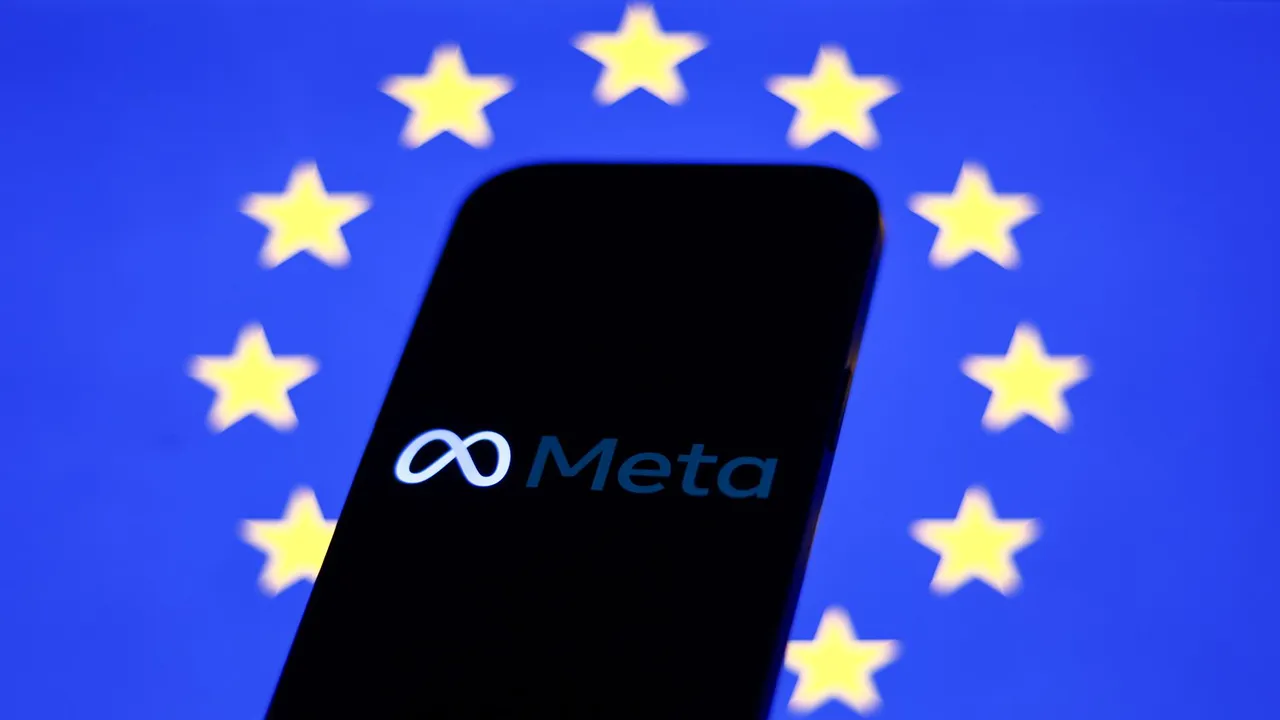Meta took a proactive initiative on July 4, 2025, aimed at harmonizing European legislation on the protection of minors in the digital environment. The tech giant sent an official letter to the European Parliament proposing the development and establishment of a unified digital age of majority throughout the European Union. This move, confirmed by sources in Brussels, is a strategic attempt by Meta to influence the formation of future rules and to simplify its own compliance with complex European laws, primarily the Digital Services Act (DSA). Currently, the age at which teenagers can independently consent to the processing of their data by online services varies from 13 to 16 years across different EU countries, creating significant difficulties for global platforms. Metas proposal is to set a single threshold, for example, at 16 years, for the entire EU. This would allow the company to unify its policies on age verification, content moderation, and privacy settings for minors. The rapid development of generative AI and the emergence of AI-generated content, access to which is a new major challenge for platforms, gives this issue particular urgency. By proposing a single standard, Meta is not only trying to simplify its operations but also demonstrating its readiness for a constructive dialogue with regulators, aiming to position itself as a responsible partner in solving the complex issues of the digital age.
Meta Proposes a Unified Digital Age of Majority to the EU
